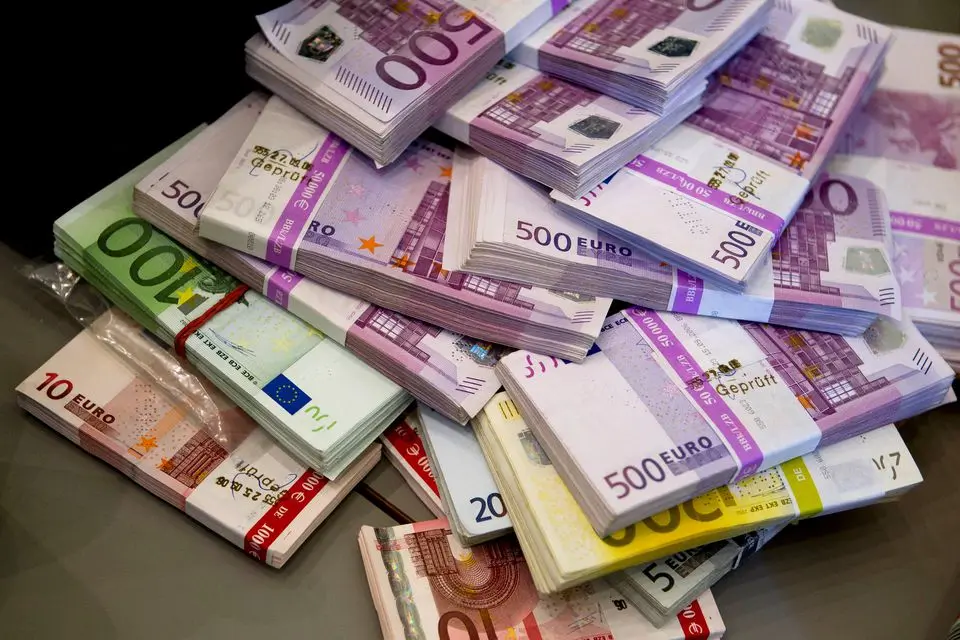Members of the House ethics committee on Wednesday heard that four cases related to revenue from money laundering are currently before the criminal court.
The topic was discussed by the committee after a previous meeting revisited the case concerning a Ukrainian woman suspected of bringing to Cyprus a total of €8 million.
On Wednesday, representatives of the customs department, the police and the anti-money-laundering unit Mokas detailed their efforts to improve collaboration and information exchange.
However, committee chairman and Disy MP, Demetris Demetriou, said that there had been a lack of coordination among the agencies.
The deputy director of the customs department Antonis Pileidis informed the committee that from March 2024 there has been a significant reduction, over 50 per cent, in declarations of liquid assets of arrivals in the Republic.
This was confirmed by senior police officer Andreas Andreou, who mentioned that the amounts arriving in Cyprus, particularly from monitored networks, have decreased.
Andreou also indicated that measures taken have strengthened the monitoring of suspicious individuals arriving in Cyprus and improved intervention in repeated cases.
He mentioned the signing of a revised memorandum of understanding between the police and customs department to enhance their cooperation.
Police are investigating additional cases based on information received from Mokas and the customs department.
In response to a question from Diko MP Zacharias Koulias, who referred to the marinas in Cyprus as being “open to abuse”, Andreou assured that a permanent presence of the port police exists at all marinas to inform the customs department of arrivals.
Mokas head Maria Kyrmizi-Antoniou reported that it has referred 78 cases to the police since 2022, resulting in the freezing of over €25 million this year and leading to charges in ten cases currently before the court.
Additionally, she said the unit referred cases to other services based on analyses of suspicious transactions, including 46 cases to the tax commissioner, 12 to the Securities and Exchange Commission, five to the Central Bank, and 24 to the interior ministry.
Mokas has also secured judicial orders for the freezing of illegal revenues amounting to €5.3 million, $4.75 million, £15,413, and €90,000 in cryptocurrency.
Pileidis then told the committee members that the customs department has issued circulars for enhanced checks on arrivals at airports and ports based on risk analysis to identify suspicious cases. Individuals transporting amounts over €10,000 must declare their cash, and a registry has been created at Larnaca airport to log all flights and review inspection results.
For amounts exceeding €100,000, declarations are forwarded to the police and other involved services, allowing for the detention of funds until the legal acquisition of the money is verified. Detention can occur for smaller amounts if linked to illegal activities.
Disy MP Marios Mavrides raised concerns about the €100,000 threshold, suggesting mechanisms to check groups carrying smaller amounts that cumulatively exceed the limit.
Both Akel MP Irene Charalambides and independent MP Alexandra Attalidou highlighted the increased risk of cash linked to illegal activities entering Cyprus through marinas. Pileidis reiterated that the customs department is alerted to arrivals at all marinas and responds accordingly.
Demitriou announced plans to submit a bill aimed at limiting cash transactions to €10,000 per purchase, urging committee members to support the initiative.
A representative from the Central Bank explained that domestic legislation must align with the European regulation against money laundering, which restricts cash amounts to €10,000 but will not take effect until 2027.
Demetriou expressed satisfaction with the coordination efforts made in recent months but raised the attention on “unanswered questions regarding €120 million that entered the Republic in previous years”. He also raised concerns that some of these funds may have been funnelled into land development companies, which are not under regulatory supervision.







Click here to change your cookie preferences